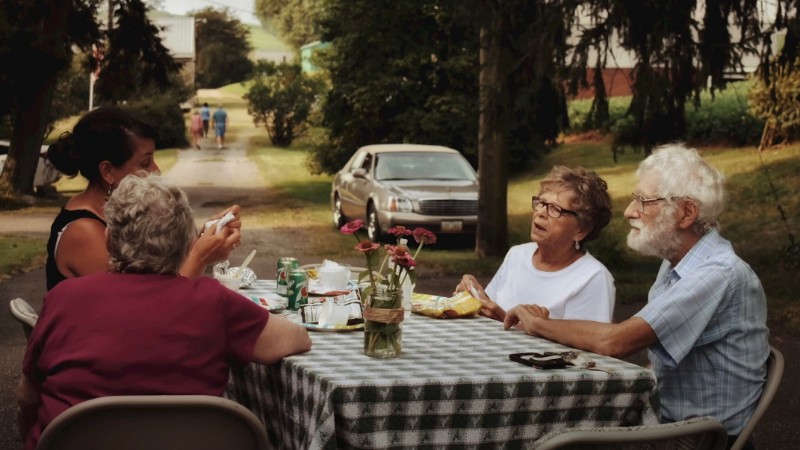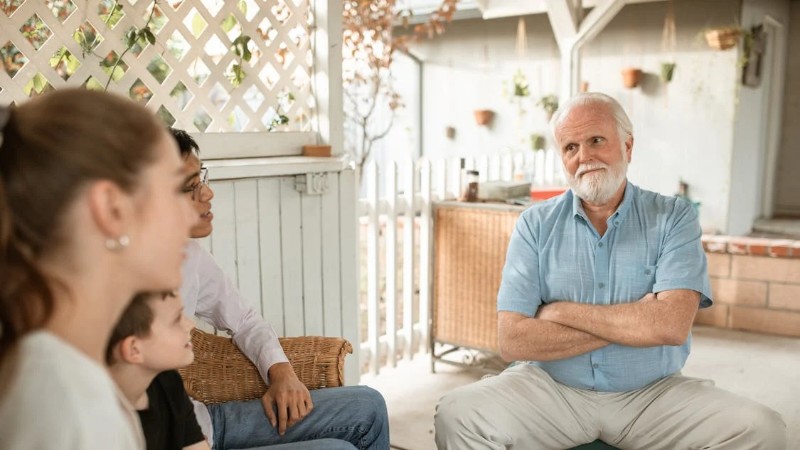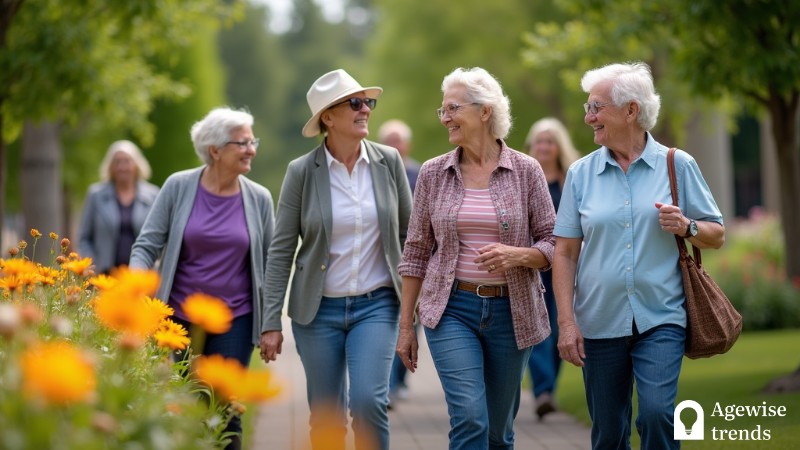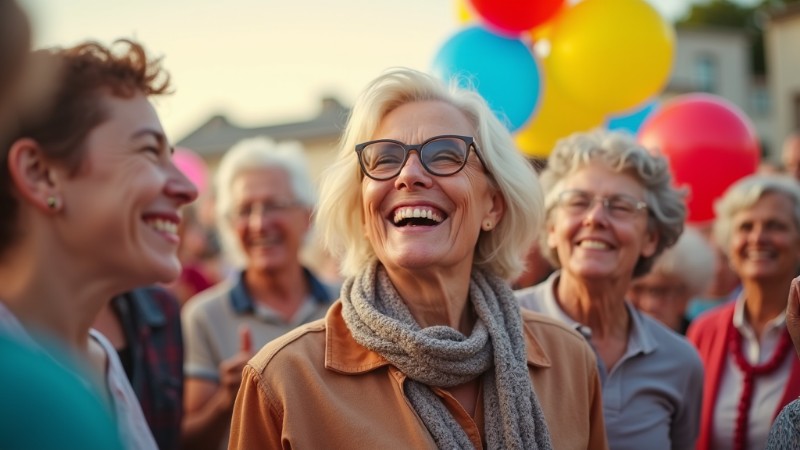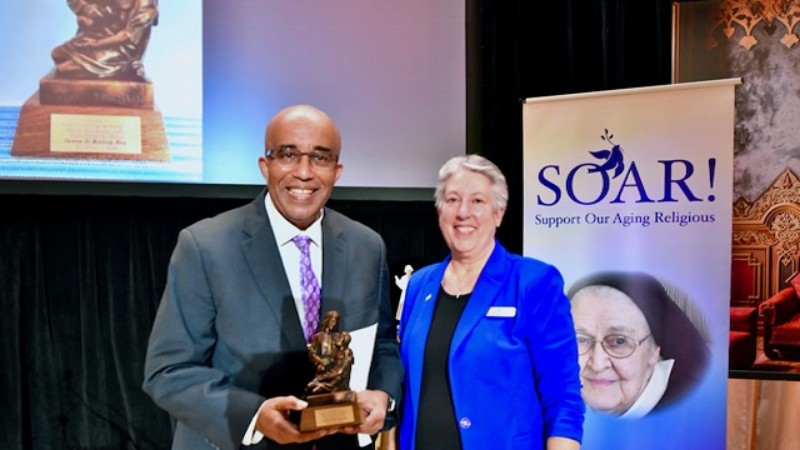A significant problem for older persons is loneliness and social isolation; many people between the ages of 50 and 80 report feeling cut off, especially during the COVID-19 pandemic. Loneliness affects both physical and mental health, including heart disease and stroke, according to studies. Across the US, community initiatives have been developed to lessen loneliness and enhance the quality of life for seniors. One effective remedy that benefits both volunteers and seniors is volunteering.
The growth in senior volunteer opportunities emphasizes how crucial it is to establish relationships with the community. Seniors may engage, build friends, and lessen their sense of loneliness at social events, while local volunteers can help with errands and transportation, making it a win-win situation.
Key Takeaways
Senior volunteer programs are effective in combating loneliness among older adults, boosting their physical and mental well-being.
- Volunteering helps seniors build relationships, reduce feelings of isolation, and maintain a sense of purpose.
- Community initiatives like the JULIET and ROMEO groups offer social events that foster connections and a sense of belonging.
- Both volunteers and seniors reap benefits from these programs, enhancing overall well-being and promoting understanding across generations.
Senior volunteer opportunities
Across the country, many groups provide senior volunteer opportunities to alleviate loneliness and social isolation. These programs involve elders in activities that keep them active and connected to others. Local community centers and senior living facilities may occasionally provide social events, such as group meals or hobby-based activities, to encourage participation and foster a sense of belonging.
One such endeavor is the JULIET (Just Us Ladies Indulging In Enjoyment Together) and ROMEO (Retired Old Men Eating Out) groups at Park Springs Senior Living Facility in Stone Mountain, Georgia. These social clubs, established for both men and women, aim to foster meaningful interactions via shared meals and discussions.
Research says that if you are social as you age, you are gonna live longer
Judy Weiner, JULIET member
Volunteering with seniors is also a great method to boost independence and confidence. Seniors can actively participate in organizations like these by organizing activities, providing meals, or mentoring others. These experiences help elders feel respected and empowered, giving them a feeling of purpose and fulfillment.
Seniors who donate their time and energy to volunteer-driven initiatives not only prevent loneliness but also strengthen their bonds with their peers and younger generations. Participating in such programs has been demonstrated to enhance both mental and physical health outcomes, demonstrating that giving back to the community is an effective way to overcome isolation.
Volunteering with seniors
Volunteering with older adults can have a good impact on both the individual and the community. Volunteers who aid elders with activities like meal delivery, companionship, or technology support help them stay connected to their community, offering an important support structure for people who do not have close relatives or friends.
Programs like the “Wish of a Lifetime” campaign, which provides seniors with experiences or gifts, promote joy and lessen emotions of abandonment. These initiatives are especially important for the elderly who live alone or have limited mobility.
The advantages of helping with elders go beyond the direct help they receive. Volunteers report more social happiness, greater mental health, and the ability to participate in intergenerational connections that help bridge age divides. Volunteering for elders not only enriches the lives of older folks but also provides a better knowledge of the issues they encounter. Such volunteer activities foster emotional connections, giving both seniors and volunteers a sense of community and belonging.
Giving back to the community
Giving back to the community through elder volunteer opportunities reduces social isolation and develops compassion in society. Volunteers who help seniors stay connected by planning events, running errands, and giving transportation. The JULIET and ROMEO organizations demonstrate how local efforts can lessen loneliness by encouraging connection.
These organizations enable the larger community to help the elderly by providing meal delivery or companionship. Volunteering for seniors improves their well-being by ensuring they receive the support and respect they deserve while also cultivating a culture of inclusiveness and caring. Seniors and volunteers both benefit from enhanced mental health and deeper social connections.






